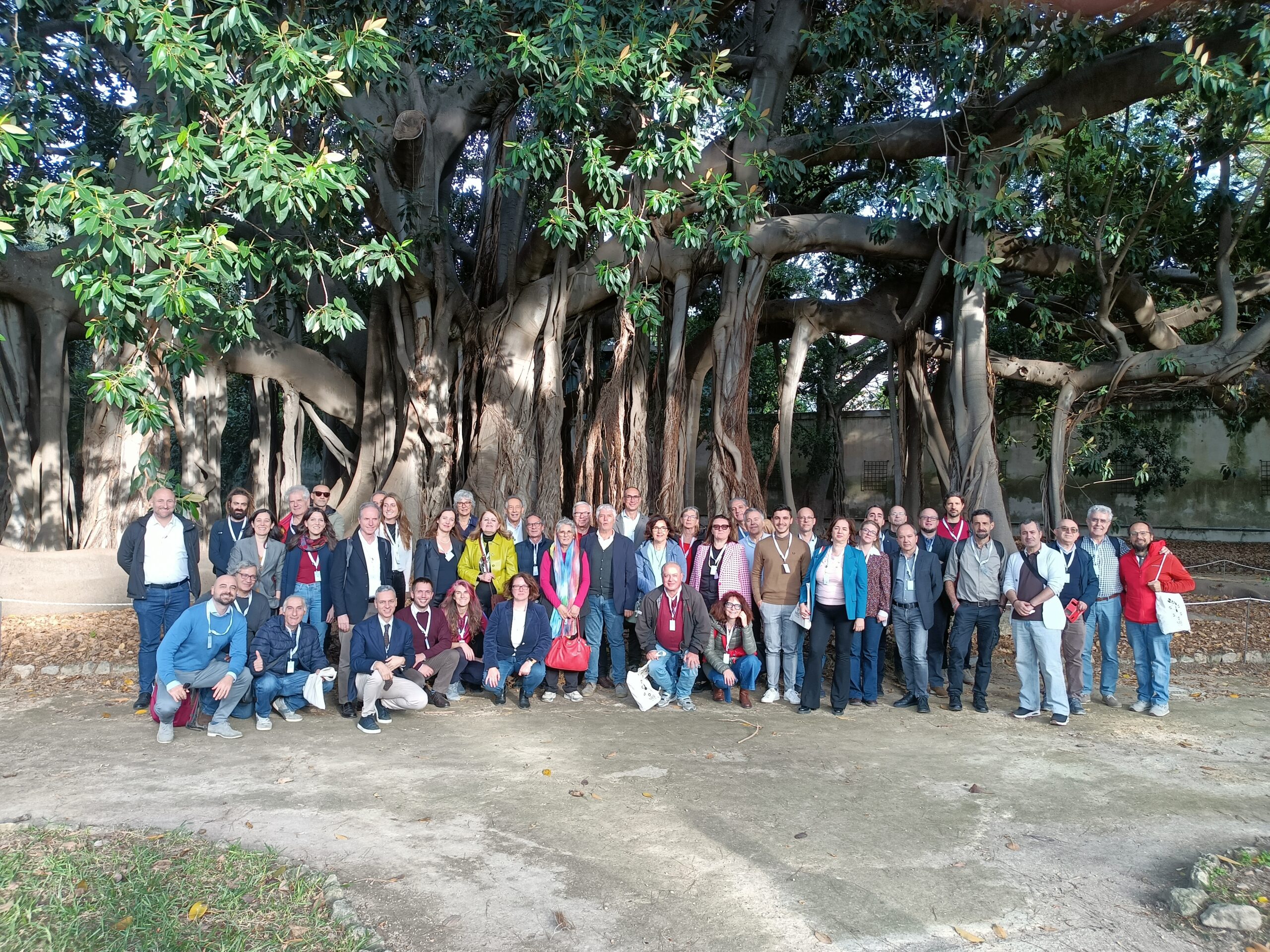
As climate change can impact communities differently, planning decisions to adapt should be grounded in place-based priorities. This webinar episode will feature two projects that consider different approaches to adaptation planning: cost-effective, climate and equity-informed, multi-objective analysis; and natural capital-informed.
The first project, funded by AdSci, will provide an overview of how Houston quantifies the potential of an NbS in urban flood reduction and sought to build community understanding and support. This work took into consideration the potential reduction of expected climate change-induced increases in flood risk for vulnerable communities in highly urbanized coastal areas.
The second presentation will be from Pacific Research on Island Solutions for Adaptation (Pacific RISA, a CAP team). The team will provide an overview of their on-going three-part project to create information needed for a natural capital approach to climate resilience, focusing primarily in Hawaiʻi but drawing on cases in other Pacific Islands.
This five-part webinar series features projects funded by the Climate and Societal Interactions (CSI) Division’s Adaptation Sciences (AdSci) and Climate Adaptation Partnerships (CAP) programs focused on the research and application of nature-based solutions (NbS), which are actions to protect, sustainably manage, or restore natural or modified ecosystems to address societal challenges, simultaneously providing benefits for people and the environment.
As climate change can impact communities differently, planning decisions to adapt should be grounded in place-based priorities. This webinar episode will feature two projects that consider different approaches to adaptation planning: cost-effective, climate and equity-informed, multi-objective analysis; and natural capital-informed.



 Italiano
Italiano





